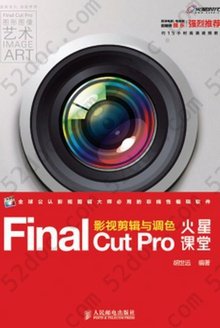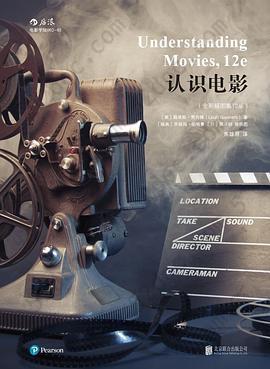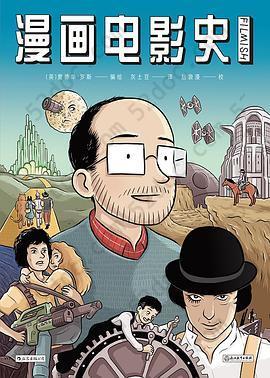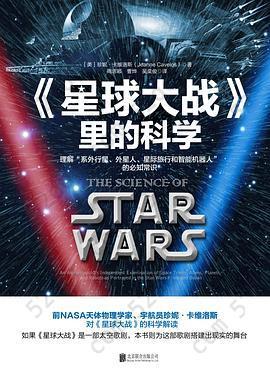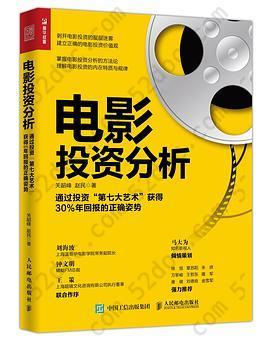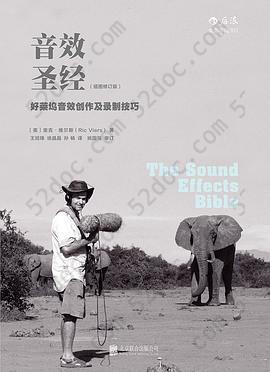注重体验与质量的电子书资源下载网站
分类于: 其它 编程语言
简介
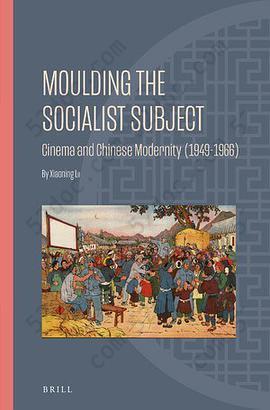
Moulding the Socialist Subject: Cinema and Chinese Modernity (1949-1966) 豆 0.0分
资源最后更新于 2020-09-15 15:14:26
作者:Xiaoning LU
出版社:Brill
出版日期:2020-01
ISBN:9789004423510
文件格式: pdf
标签: 电影 十七年 Movie History China 社会主义时期 现代性 中国近代史
简介· · · · · ·
What role did cinema play in the Chinese Communist Party’s political project of shaping ideal socialist citizens in the early People’s Republic? In Moulding the Socialist Subject, Xiaoning Lu deploys case studies from popular film genres, movie star culture and rural film exhibition practices to argue that Chinese cinema in 1949–1966, at once an important political instrument, ...
目录
Acknowledgements
Figures
Introduction
1The Socialist Subject for a New China (1949–1966)
2Cinema within a Socialist Society of Spectacle
1 Terror and Mass Surveillance: the Counterespionage Film
1The Counterespionage Film and Political Campaigns against Counterrevolutionaries
2Cinematic Articulation of Mass Surveillance: The Might of the People
2 The New Physical Culture and Volatile Attractions: the Sports Film
1The New Physical Culture
2Promoting Workers’ Sport and Heterogeneous Laughter: Trouble on the Basketball Court and Big Li, Young Li and Old Li
3Sports, Ethics, and Melodramatic Imagination: Woman Basketball Player No. 5 and Ice-Skating Sisters
3 Ethnicity and Socialist Fraternity: the National Minority Film
1Reconfiguring the Ethnic Landscape: From Ethnicity to Nationality
2The National Minority Film
3Flames of War in a Border Village: Cross-Ethnic Performance and the Politics of Recognition
4Daji and Her Fathers from Page to Screen: Typifying Ethnic Fraternity in Socialist China
4 Modeling the Model: Red Stardom
1Problematizing “the Star”
2Star Image
3The Stanislavski System and Modeling the Red Star
5 The Cultural Politics of Affect: Villain Stardom
1Negative Characters, Performance Context, and Production of Affect
2Villain Performance as Negative Pedagogy
6 Mobile Attraction: Itinerant Film Projectionists and Rural Cinema Exhibition
1Itinerant Film Projection: a New Attraction in Rural China
2Rural Film Exhibition: Problems and Challenges
3Film Projectionists and Their Machines
4Film Projectionists and Their Exhibition Practices
Conclusion
Bibliography
Filmography
Index
Figures
Introduction
1The Socialist Subject for a New China (1949–1966)
2Cinema within a Socialist Society of Spectacle
1 Terror and Mass Surveillance: the Counterespionage Film
1The Counterespionage Film and Political Campaigns against Counterrevolutionaries
2Cinematic Articulation of Mass Surveillance: The Might of the People
2 The New Physical Culture and Volatile Attractions: the Sports Film
1The New Physical Culture
2Promoting Workers’ Sport and Heterogeneous Laughter: Trouble on the Basketball Court and Big Li, Young Li and Old Li
3Sports, Ethics, and Melodramatic Imagination: Woman Basketball Player No. 5 and Ice-Skating Sisters
3 Ethnicity and Socialist Fraternity: the National Minority Film
1Reconfiguring the Ethnic Landscape: From Ethnicity to Nationality
2The National Minority Film
3Flames of War in a Border Village: Cross-Ethnic Performance and the Politics of Recognition
4Daji and Her Fathers from Page to Screen: Typifying Ethnic Fraternity in Socialist China
4 Modeling the Model: Red Stardom
1Problematizing “the Star”
2Star Image
3The Stanislavski System and Modeling the Red Star
5 The Cultural Politics of Affect: Villain Stardom
1Negative Characters, Performance Context, and Production of Affect
2Villain Performance as Negative Pedagogy
6 Mobile Attraction: Itinerant Film Projectionists and Rural Cinema Exhibition
1Itinerant Film Projection: a New Attraction in Rural China
2Rural Film Exhibition: Problems and Challenges
3Film Projectionists and Their Machines
4Film Projectionists and Their Exhibition Practices
Conclusion
Bibliography
Filmography
Index


